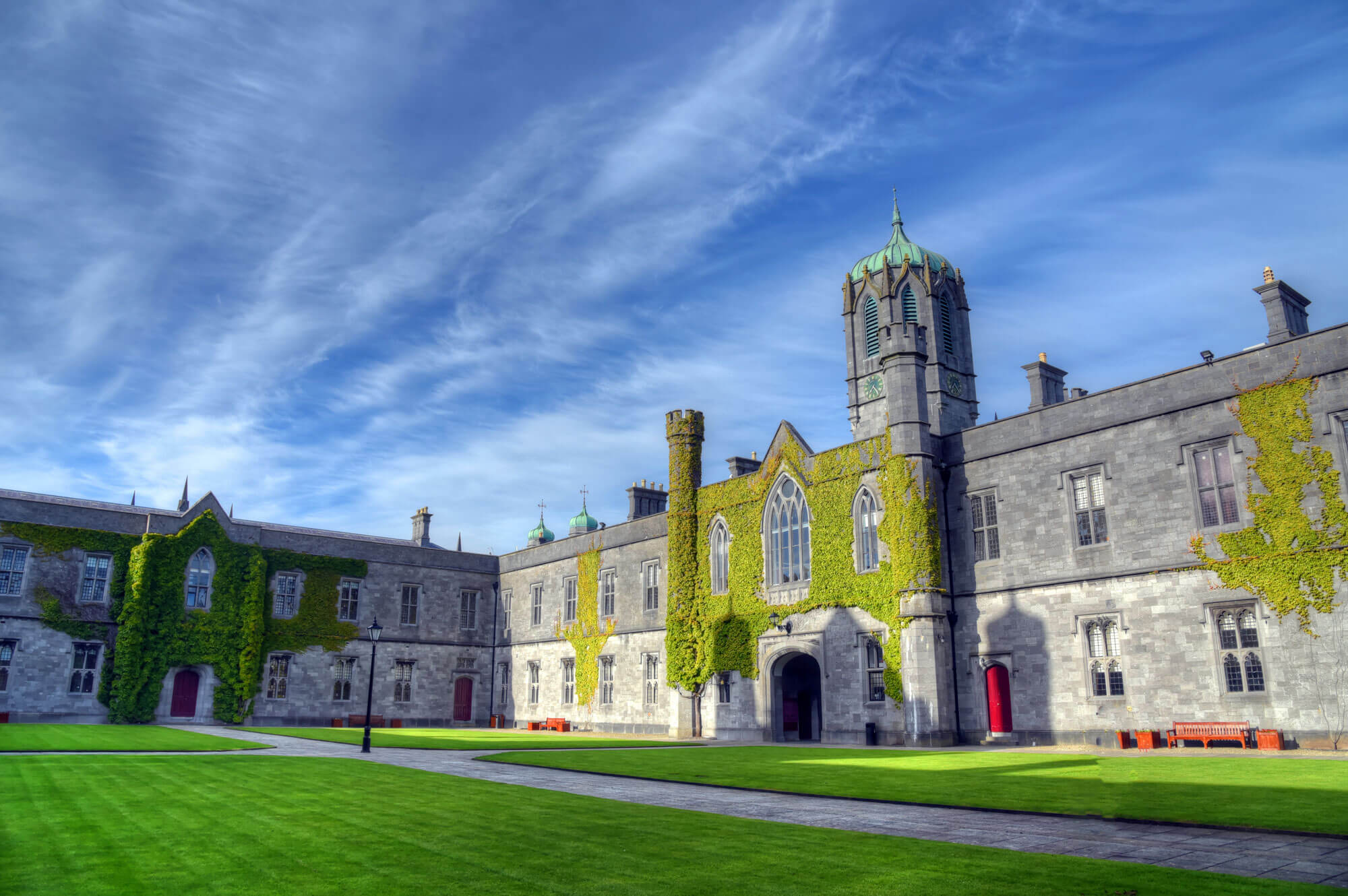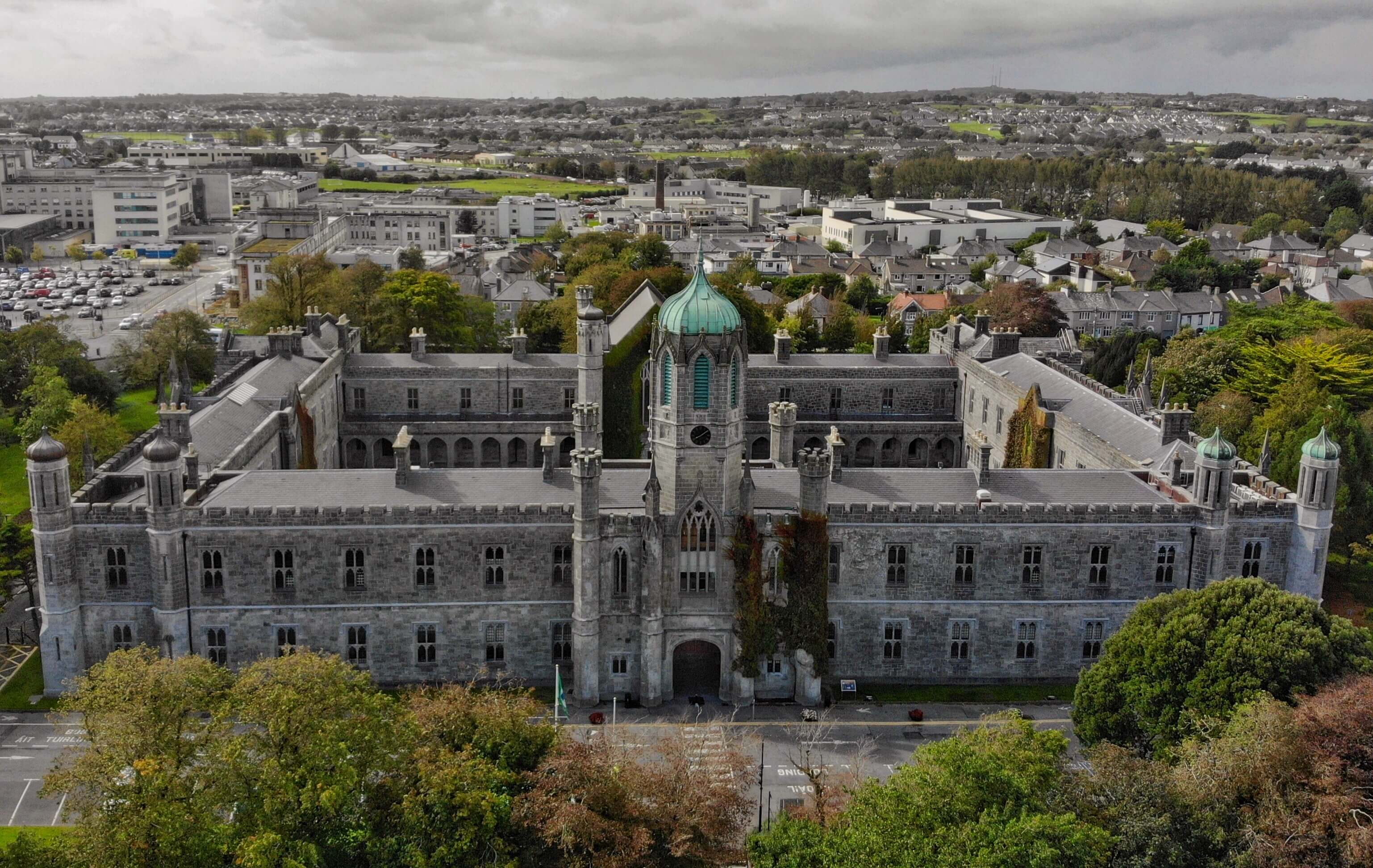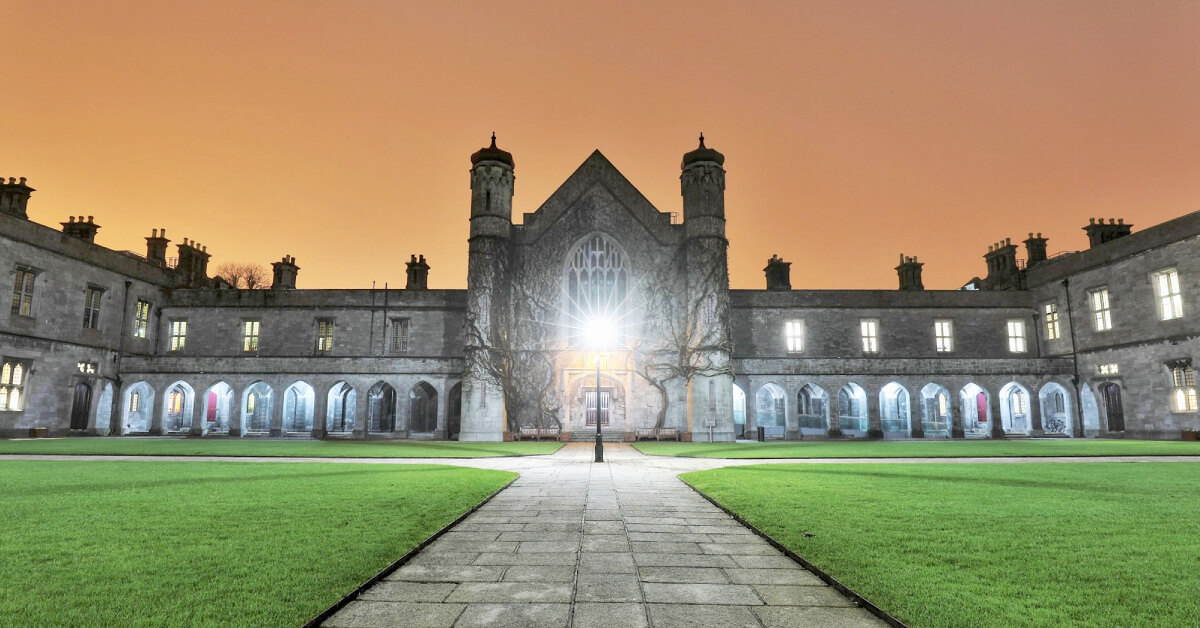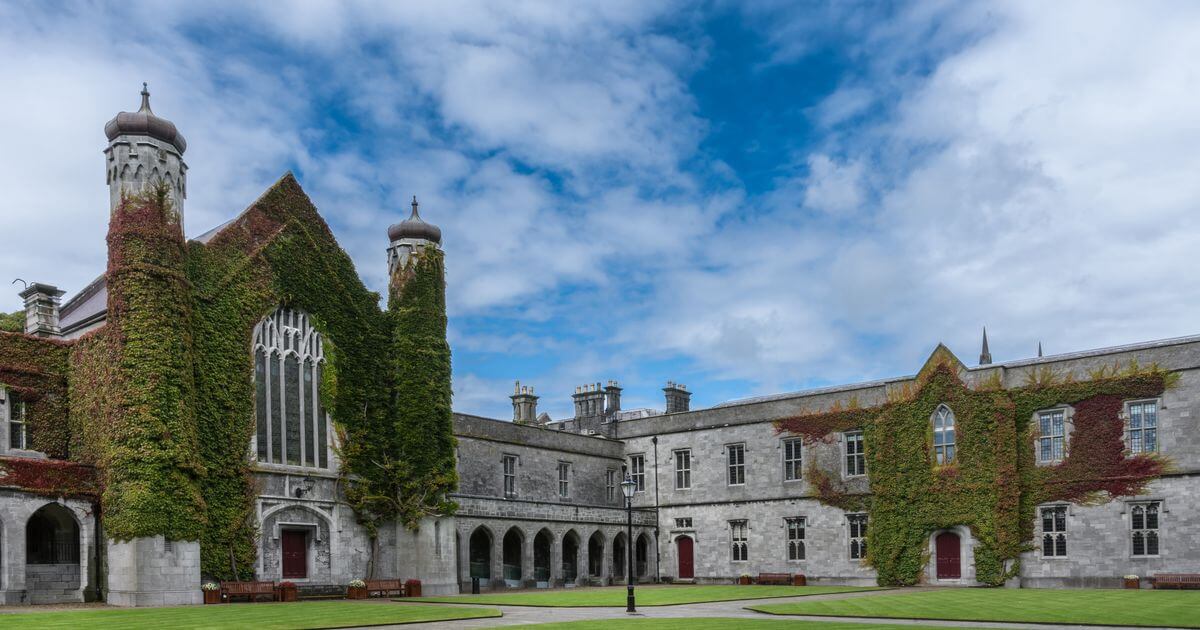YEAR ONE
Year One of the programme introduces students to the fundamental concepts that govern both Physical and Human Geography. In parallel, students will receive a foundational scientific understanding of principles that govern the natural world (e.g., Biology, Physics, Chemistry, and Mathematics).
YEAR TWO
In Year Two, core modules focus on traditional Physical Geography (Climate, Biogeography, and Earth surface & interior processes) alongside introductions to Environmental Law and Statistics. In addition students will choose two of the four possible pathways:
Pathway 1: Coastal and Marine Sciences
This pathway allows students to become proficient in both Oceanography and Coastal Sciences with an option to enhance their knowledge of sedimentary systems. The provision of trained graduates in Marine and Coastal Sciences is essential to underpin Ireland’s use of national aquatic resources, as outlined in the Marine Knowledge, Research and Innovation Strategy 2017-2021, which highlights the renewed focus by the State on the value of the marine sector to the Irish economy.
Pathway 2: Ecosystem Sciences
This pathway reinforces the identification and evaluation of terrestrial and marine ecosystems. Students taking this pathway will be able to perform in situ environmental assessment for a variety of physical settings and environments. These skills are all highly relevant for young professionals intending to work in the private or public institutions involved in research and monitoring of our coastal, marine, and terrestrial ecosystems (i.e., Marine Institute, EPA, BIM, GSI, NPWS, An Taisce, Environmental Consultancy, and county councils).
Pathway 3: Environmental Planning and Policy
This pathway will expose students to the role of environmental planning in policymaking. Students will be able to evaluate the relationships between environment and society at relevant local, national, and international scales. Students will apply various conceptual frameworks, including social-ecological systems and human-environment interaction theory, to explore and understand the importance of environmental planning. Students will learn about major national and EU policies how such legal bodies govern resource use and how they provide regulatory space for planning objectives. Finally, this pathway will train students to apply field-based assessments to develop conservation tools consistent with sustainable management.
Pathway 4: Palaeo-Sciences
This pathway exposes students to long-term environmental change and how it relates to modern environmental systems and issues. Gaining this long-term perspective provides students with an appreciation for the history of Earth’s dynamic systems, which is crucial if we want to understand and estimate future environmental change. Only by understanding the long-term effect of climate change, and human impacts on environmental systems (e.g. pollution of freshwater and marine environments) can we assess the potential future impact on ecosystem resilience and essential human infrastructure.
YEAR THREE
Study Abroad – Work Placement – Research Placement – Further Study
Semester 1: Core modules in Semester 1 focus on the introduction to GIS, alongside the development of career readiness and research design. These skills will support the student in Semester 2, regardless of their chosen pathway, and in Year Four, when they must apply their research and technical skills during their independent research projects.
Semester 2: The work placement or internship will enable students to apply their class-based skills critically in a real-world setting. Students will also have the option to travel to one of our partner universities abroad as part of the ERASMUS programme. Students opting to complement their portfolio with further studies will have the opportunity to enrol in modules from pathways and/or modules that they have not chosen in Year Two.
YEAR FOUR
In Year Four, a large portion of the students’ efforts will be dedicated to an independent research project supervised by staff members in Geography. In parallel, students will further develop their GIS skills and advance their understanding in the pathways of their choices to deepen their knowledge and understanding in these areas.
Show less 


